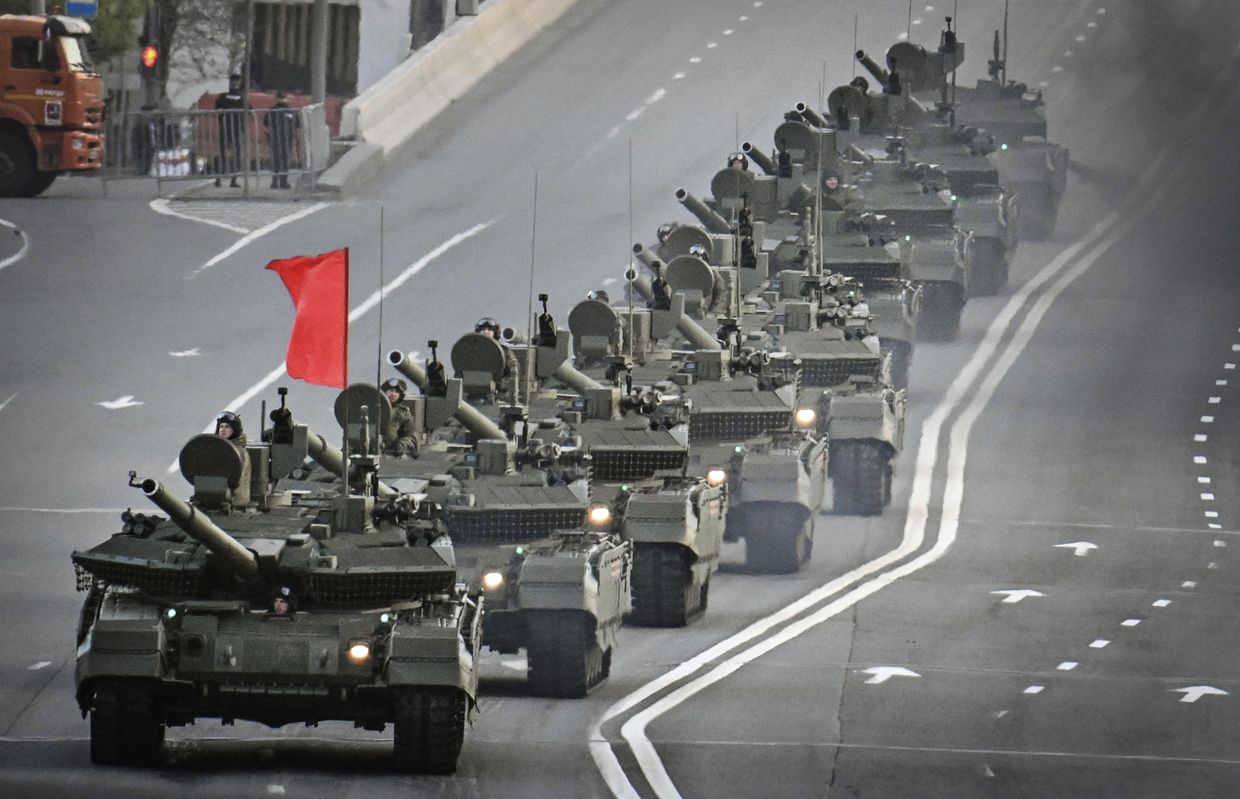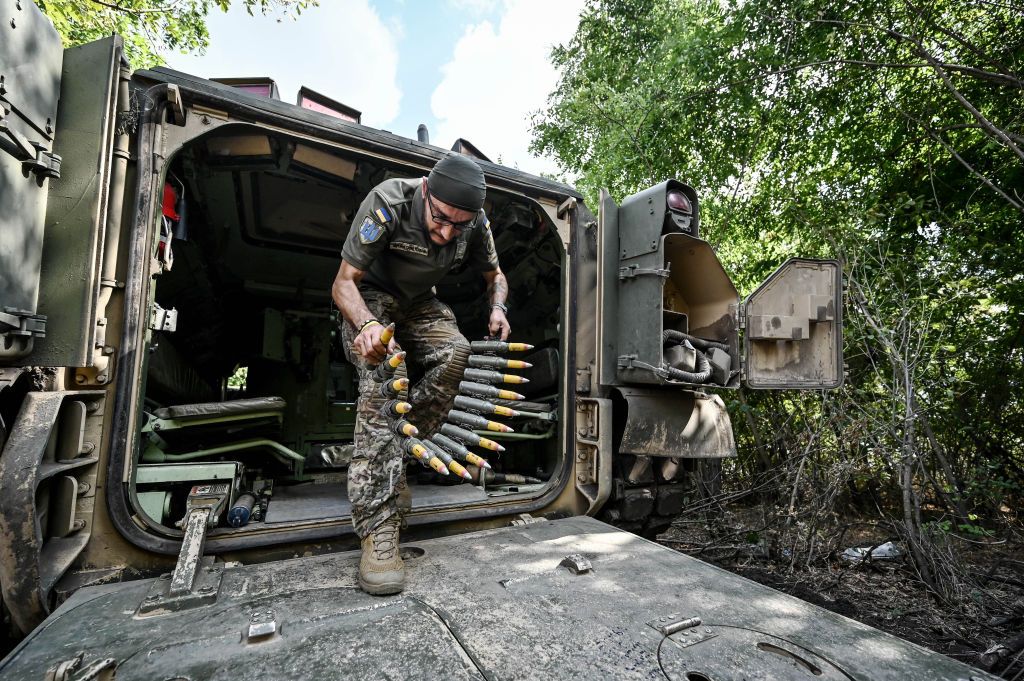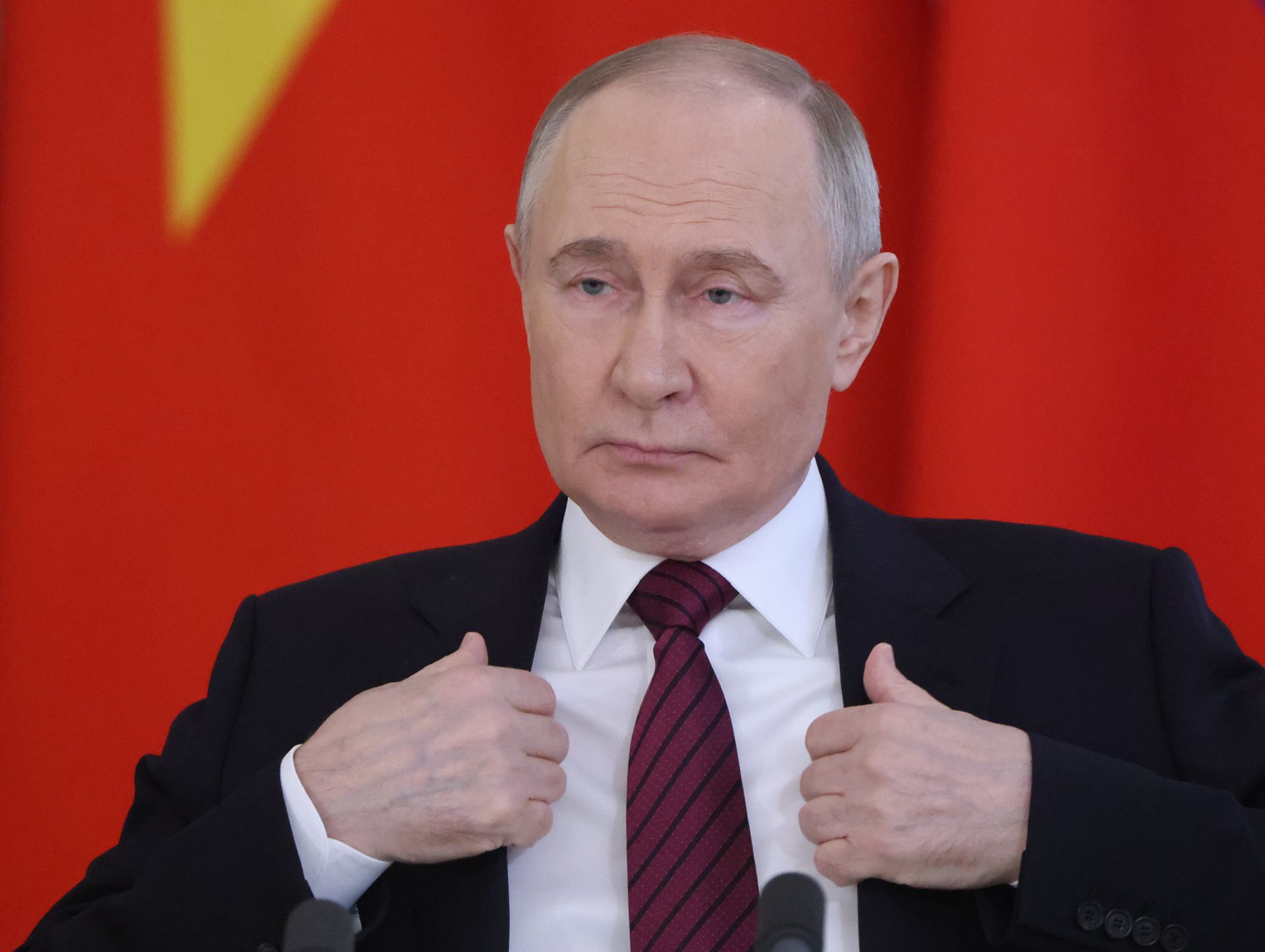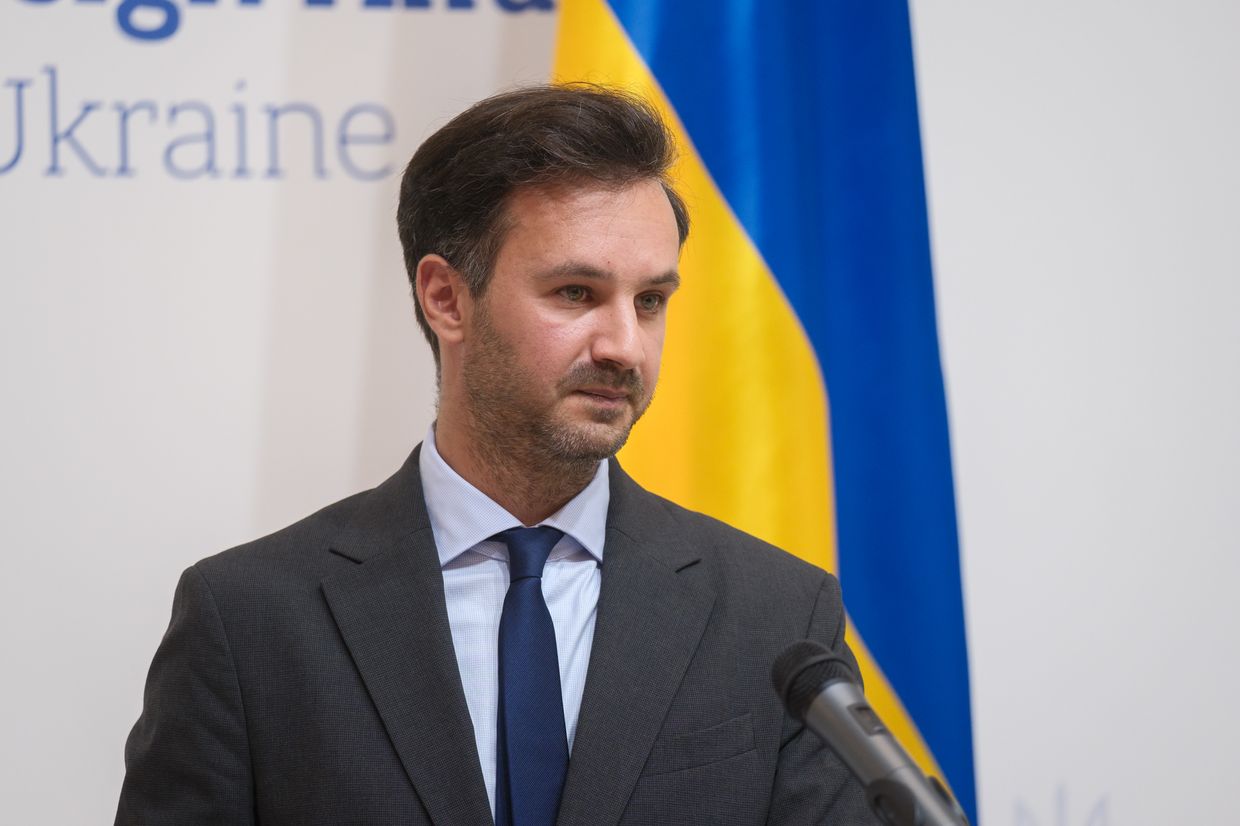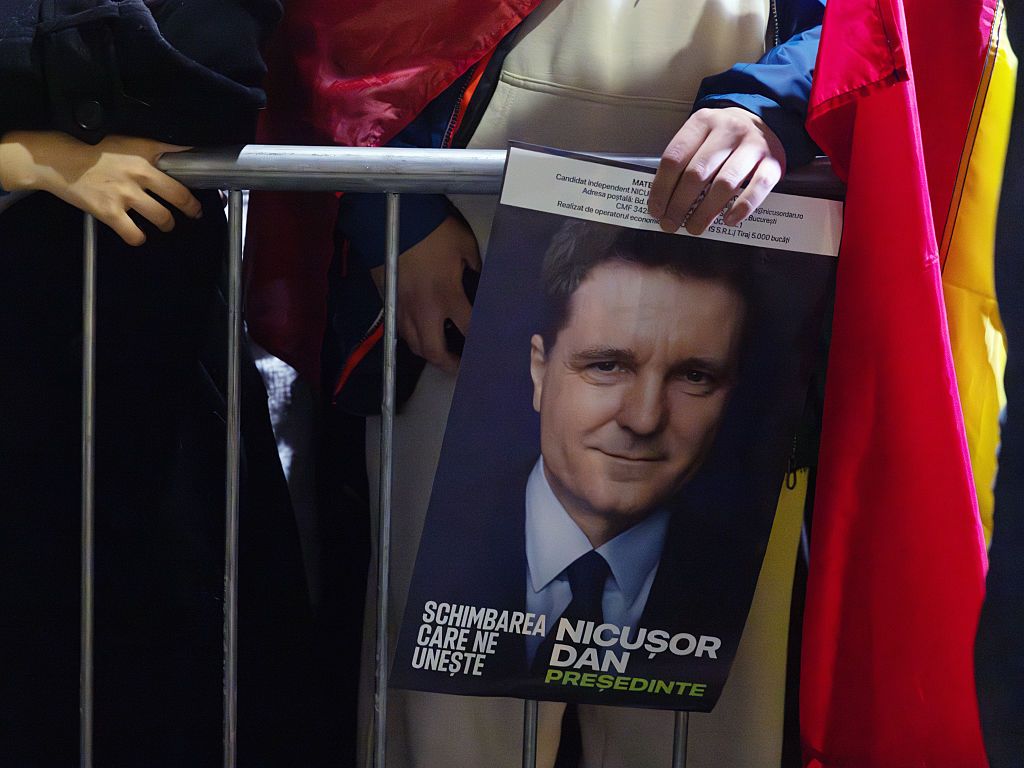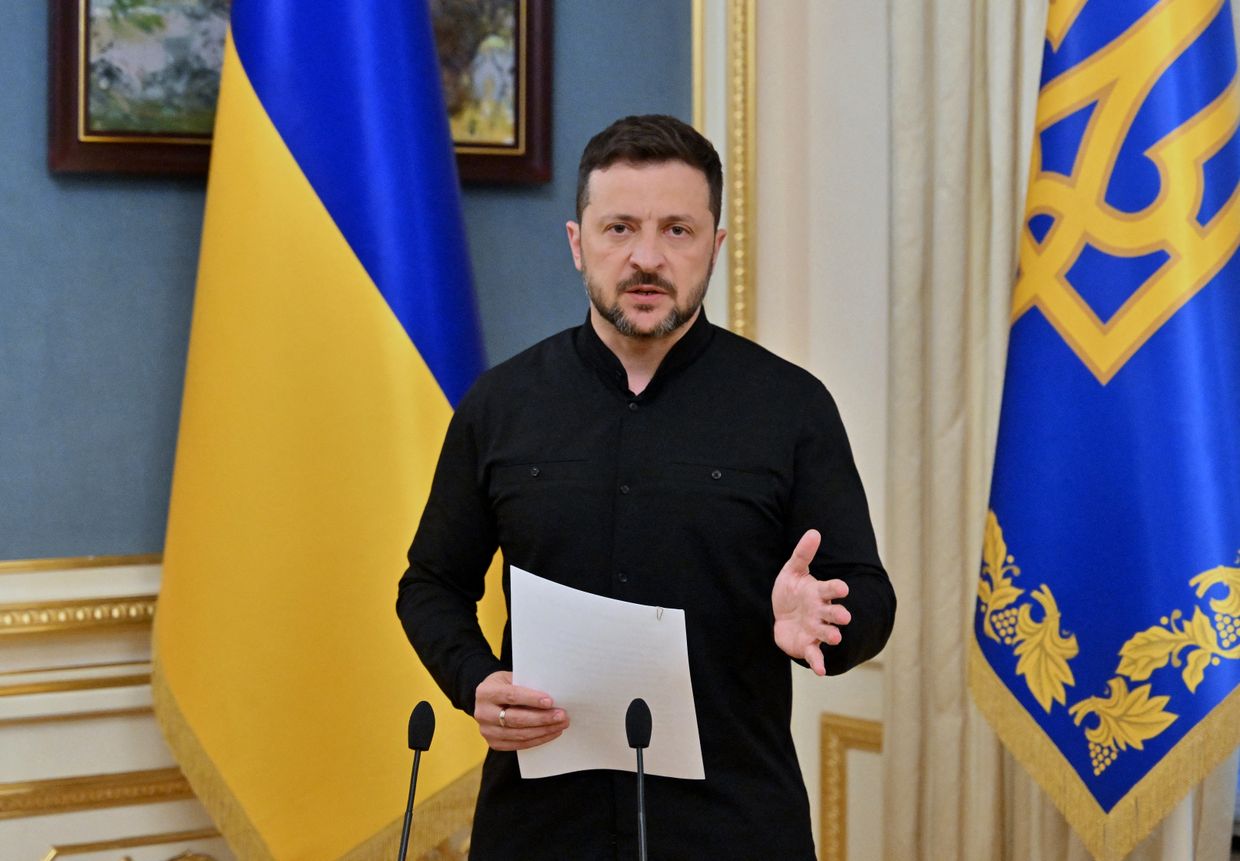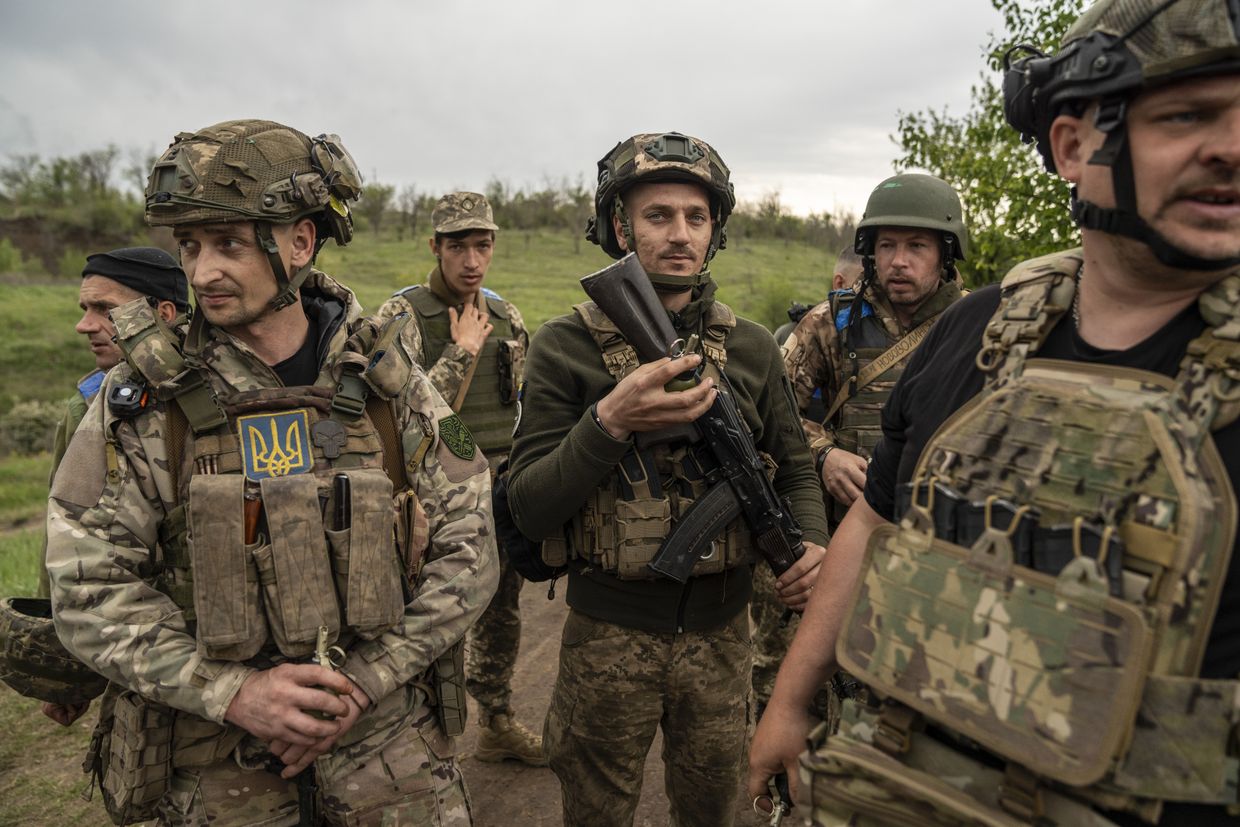Ukraine’s military has once again been rocked by a scandal around its leadership culture, with another high-profile commander speaking out against the country’s top brass over bad orders leading to excess losses.
On May 16, well-renowned officer Oleksandr Shyrshyn, callsign “Genius,” announced his resignation from his position as battalion commander of Ukraine’s 47th Mechanized Brigade.
"I’ve never received dumber orders than the ones in our current sector,” wrote Shyrshyn, whose brigade was moved to Russia’s Kursk Oblast in October and is now holding the line along the border with Ukraine’s Sumy Oblast.
“Someday I’ll tell the details, but this idiotic loss of people and trembling before incompetent generals leads to nothing but failures. All they’re capable of is reprimands, investigations, and disciplinary sanctions."
Shyrshyn’s accusations point to actions by the military leadership leading to excess losses of personnel, equipment, and territory, borne out of a systemic disconnect from the soldiers fighting on the ground.
Raised before in a series of scandals that have rocked the Ukrainian military under the leadership of Commander-in-Chief Oleksandr Syrskyi, the issues are related closely to perceptions of an inefficient, “Soviet”-style command culture that has plagued the Armed Forces since Ukraine’s independence.
Over 2025, efforts have been made to reform the leadership through personnel changes in the General Staff and a gradual transition to a corps system, but many of the changes are yet to be felt on the ground.
“Thank you, General Staff!” read the last line of the commander’s Facebook post. “I hope that your children will serve in the infantry and carry out your orders.”
The announcement was soon picked up by Ukrainian media, with different commanders and other high-profile military figures weighing in.
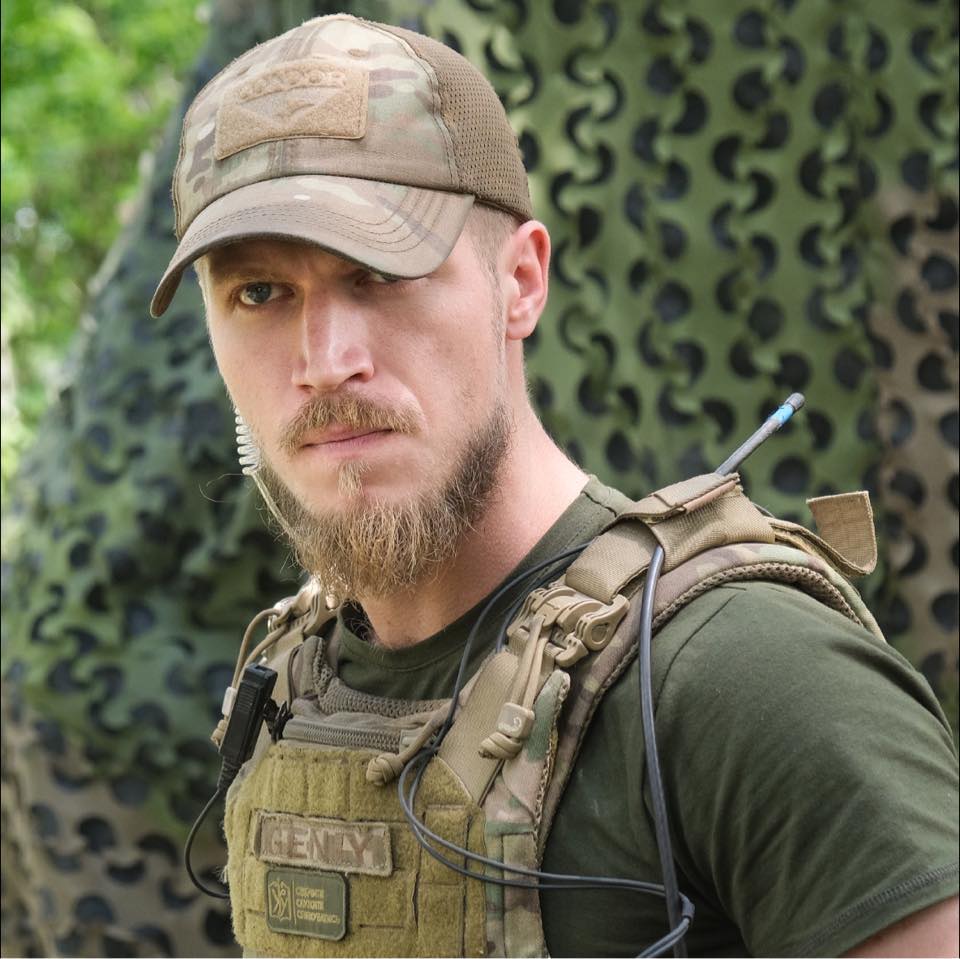
The Kyiv Independent reached out to the General Staff for comment but hasn’t received a response as of publication time.
In a post on Facebook, the General Staff said it would conduct an internal investigation into the circumstances that led to Shyrshyn’s announcement.
“Additionally, orders and directives issued from various levels of military command will be analyzed in detail to assess the appropriateness of the decisions made under the existing combat conditions," the statement read.
The Kyiv Independent spoke to two fellow officers — one current and one former — from Shyrshyn’s battalion, both of whom backed the commander.
Toughest battles
A native of Mykolaiv and prominent figure in Ukrainian civil society, Shyrshyn began his military career in Ukraine’s 80th Air Assault Brigade, signing a reservist contract right before the launch of Russia’s full-scale invasion.
In January 2023, Shyrshyn gained attention when a photo of him reading U.S. professor Timothy Snyder’s book “On the Road to Unfreedom” while lying in a trench went viral online.
In summer that year, Shyrshyn took part in the 2023 Ukrainian counteroffensive in Zaporizhzhia Oblast as a company commander in the newly-formed 47th Mechanized Brigade, which was famously trained in NATO countries and equipped with Ukraine’s first Leopard 2 tanks and Bradley infantry fighting vehicles.
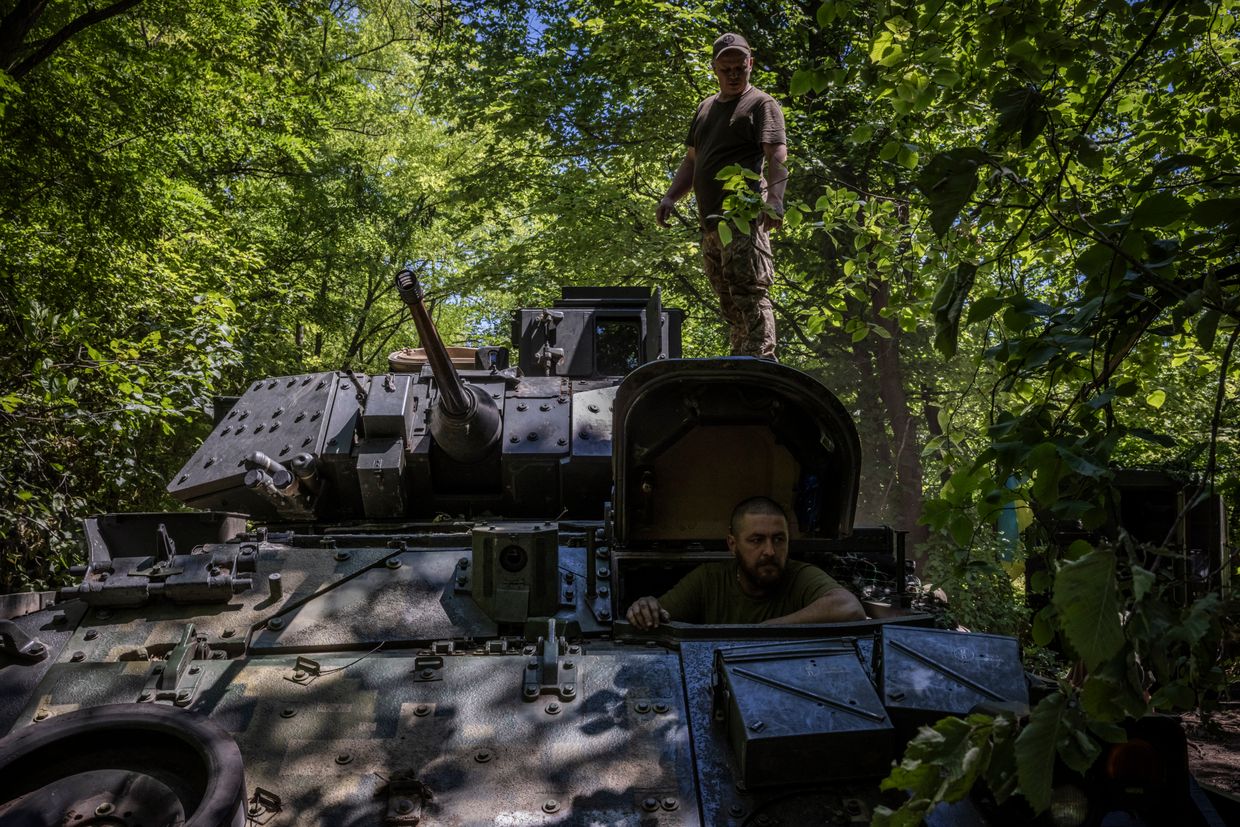
Fighting at the spearhead of the much-awaited counteroffensive, the brigade, which had not seen combat prior, quickly took heavy losses after it was ordered to assault the best-defended part of Russia’s Surovikin Line of fortifications.
Nonetheless, soldiers fighting under Shyrshyn said that despite the difficult conditions, the commander always went above and beyond to carry out orders while also preserving the lives of his rank and file.
"Our commander has never assigned a task he wouldn’t carry out himself. That’s why he is deeply respected by the entire personnel," said an officer still serving in Shyrshyn’s battalion, who asked to be identified only by his callsign “SAS” due to security reasons.
“Genius (Shyrshyn) feels a deep sense of responsibility for his position, for his battalion, and for the people who trust him with their survival — every day, without exception."
Then serving as company commander, Shyrshyn often led his soldiers on combat missions, including assaults and evacuations, often rarity among higher-ranking officers, said machine gunner and squad leader Oleksii Nazarenko, who served for seven months under Shyrshyn, to the Kyiv Independent. “He was very involved in order to protect the personnel as a whole,” he said.
“He was there whenever there were issues related to evacuating people — it was never the case that he tried to avoid responsibility or distance himself.”
"Our brigade has consistently been sent into the areas with the most intense fighting."
In October 2023, when the counteroffensive had culminated, the 47th was transferred to Avdiivka in Donetsk Oblast, where Russia had launched a fresh new offensive.
Over the following months, the brigade fought at the center of the most intense sector of the front line, as Russian forces overwhelmed Ukrainian defensive lines behind Avdiivka and pierced toward the city of Pokrovsk.
During the Pokrovsk campaign, Shyrshyn — by now 1st Battalion commander — already then made headlines for speaking out against the higher command, claiming that his battalion was sent to hold nearly-encircled positions after neighboring units had buckled.
“Because of the ‘not a step back, we stand till the last soldier’ attitude of our generals, we suffered losses that were avoidable,” he said to Ukrainian media outlet Hromadske in July.
For Nazarenko, the brutality of the infantry war in the 47th’s sector, combined with the often impossible missions set by higher command, led him to leave the brigade in February 2024.
“They (higher command) kept carrying out the same kind of orders over and over, which simply led to dead ends — we were running out of equipment, and we were running out of people,” he said.
Final straw
Just a few weeks after Ukrainian forces broke across the state border with Russia in a surprise offensive on Kursk Oblast, the 47th Brigade, with its Leopard and Abrams tanks, was soon redeployed to this new front.
With Russia deploying thousands of North Korean troops to expel Ukrainian forces from Kursk Oblast, along with some of its best drone units armed with unjammable fiber optic drones, maintaining the area became increasingly costly for Kyiv.
Finally coming in March 2025, the Ukrainian command’s decision to withdraw so late from Kursk salient was publicly criticized at the time, with testimonies and visuals pointing to a surge in vehicle and personnel losses during the retreat.
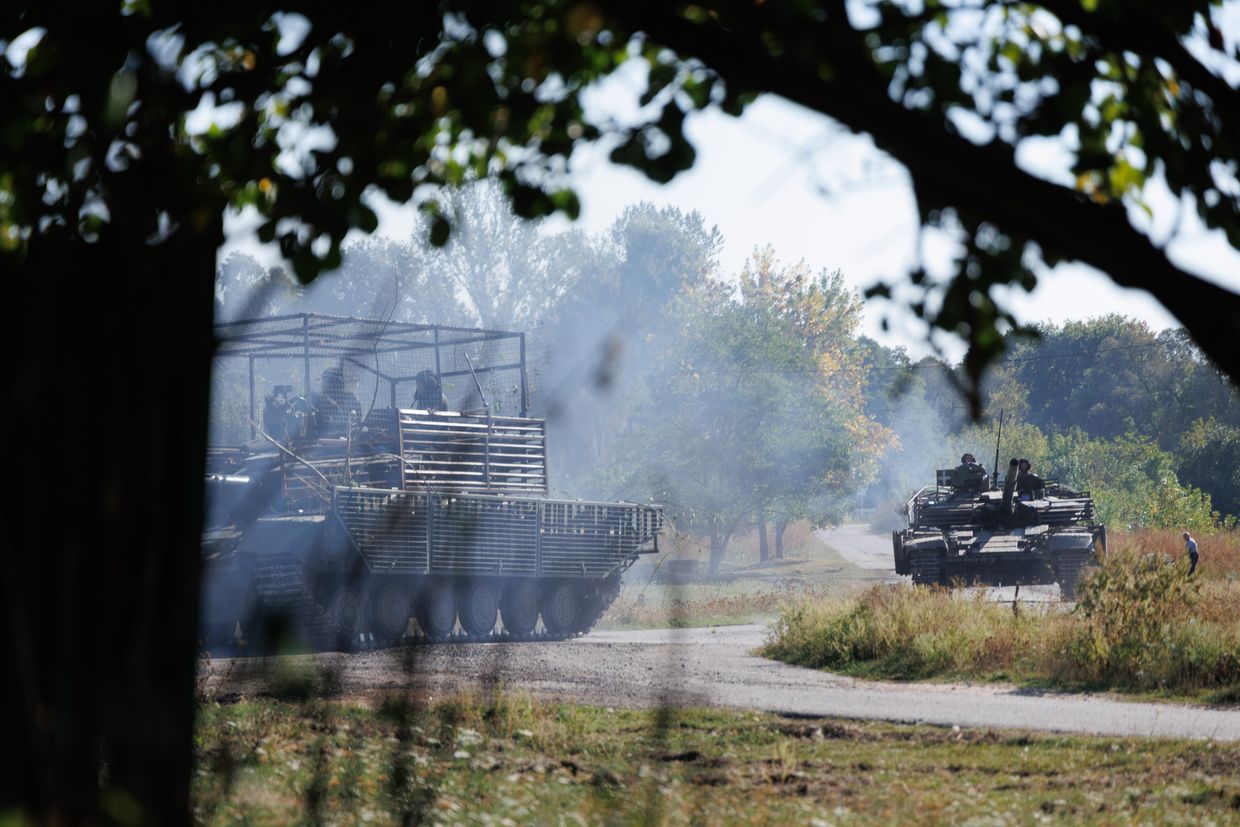
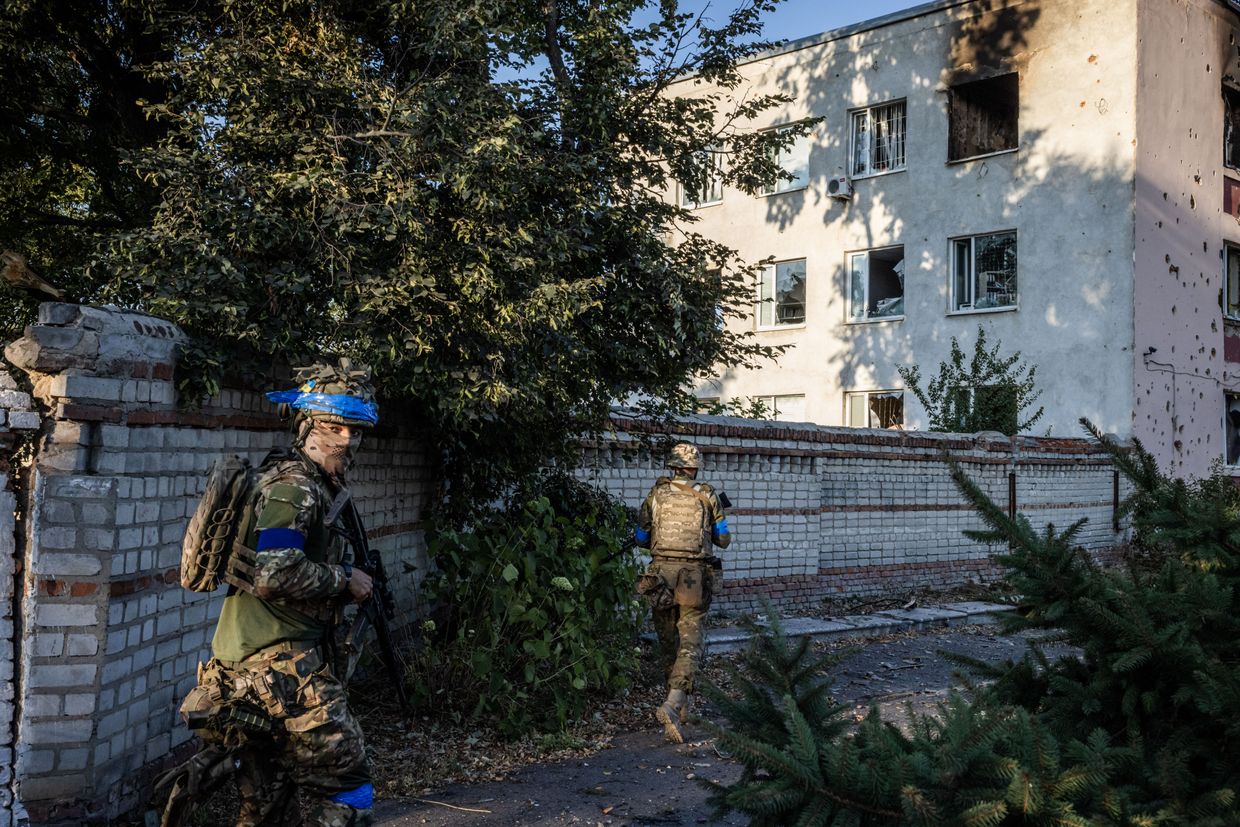
For the 47th Brigade, deployed in the sector deepest inside Russian territory with the most exposed logistics routes, the delay was especially painful.
"Our brigade has consistently been sent into the areas with the most intense fighting,” said SAS. “This particular sector differs only in that it is politically important to our top political leadership.”
“It’s crucial for them to hold this area at any cost, and that’s precisely why they disregard the number of human losses required to retain this land, this territory."
Culture war
Shyrshyn’s complaints align with ongoing, widely-held criticism of the command culture of Ukraine’s military leadership that escalated over the second half of 2024 and into 2025 as Kyiv’s fortunes worsened on the battlefield.
The problems are often associated with mentality and working practices that lead to false reporting delivered up the command chain, impossible or “suicide” orders delivered back down to commanders in the field, and a general prioritization of results on paper and personal reputation of ranking officers over the lives of personnel.
Often, as Shyrshyn mentioned, these issues are manifested in orders handed down to battalion commanders like him that in no way correspond to the combat strength of the unit, and are certain to only result in unnecessary losses.
“Which position to retake, which tree line to clear — completely populist, unjustified, unsupported — idiotic assault operations or missions that senselessly put personnel in danger."
Faced with a disconnect between high command and the reality on the ground, commanders at brigade and battalion level like Shyrshyn are often then forced to do their best to stand up for their personnel, communicate the need for better orders upwards, and find the best possible compromise between carrying out the order and protecting their soldiers.
But according to SAS, these attempts mostly fell on deaf ears.
“Shyrshyn submitted out-of-turn reports about the impossibility of carrying out these orders, offered proposals on how the objectives assigned could be fulfilled and consistently shared his opinions — directly and straightforwardly, as he always does,” said the officer.
“Going public was a logical next step after a person grows tired of fighting windmills. If you hit a wall a hundred times, maybe it’s just easier to open a window on Facebook and write it there."
As of the time of publication, Ukraine’s General Staff has not responded to questions from the Kyiv Independent about Shyrshyn’s resignation and the pending investigation.
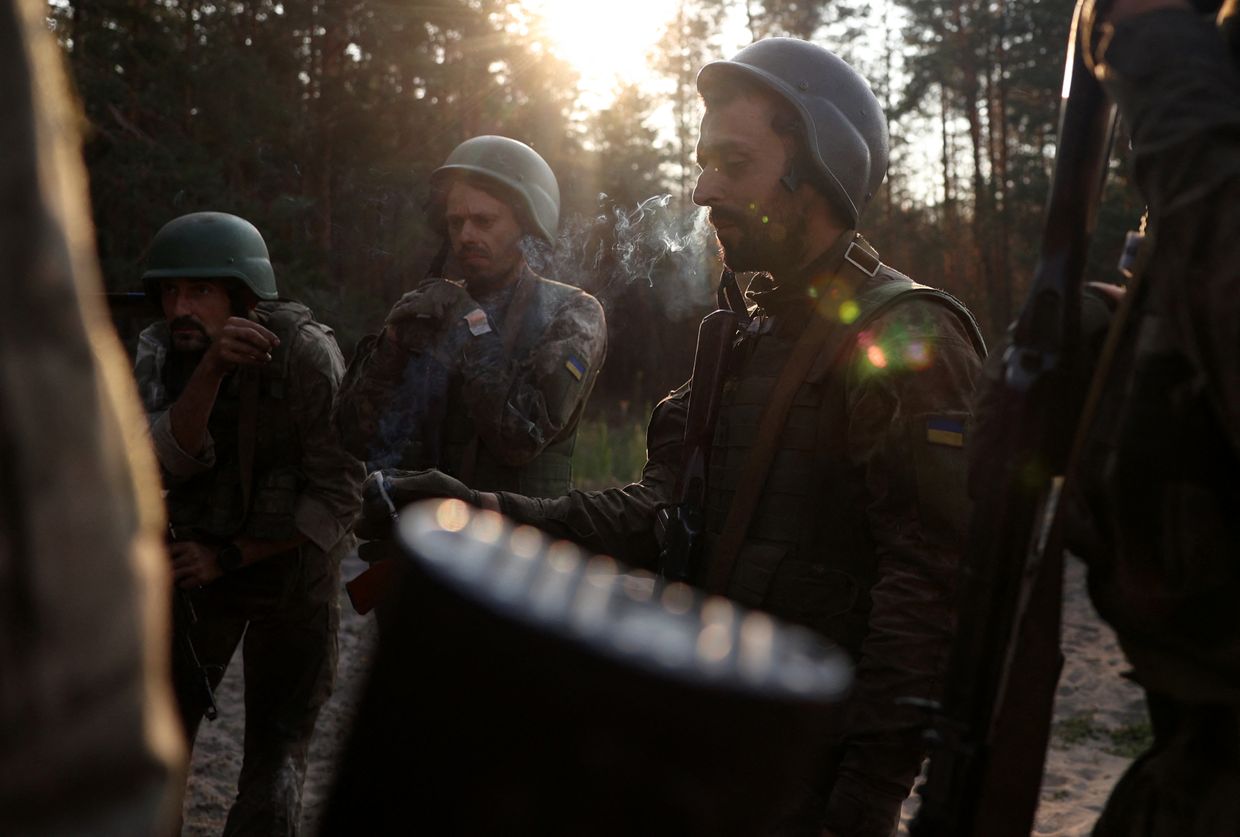
Speaking out
Shyrshyn’s post was met with words of support from many serving and former soldiers, as well as high-profile journalists and volunteers.
Bohdan Krotevych, the former chief of staff of the National Guard’s Azov Brigade, who made headlines in June 2024 for a similar public move against Ukrainian general Yurii Sodol, asserted that Ukraine’s very highest leadership should be held responsible for excess losses.
“Nearly 99.9% of the tasks assigned to the battalions are direct orders from the General Staff,” Krotevych wrote on X.
“Which position to retake, which tree line to clear — completely populist, unjustified, unsupported — idiotic assault operations or missions that senselessly put personnel in danger."
Meanwhile, other prominent commanders closed ranks with the high command, hitting back at Shyrshyn for going public.
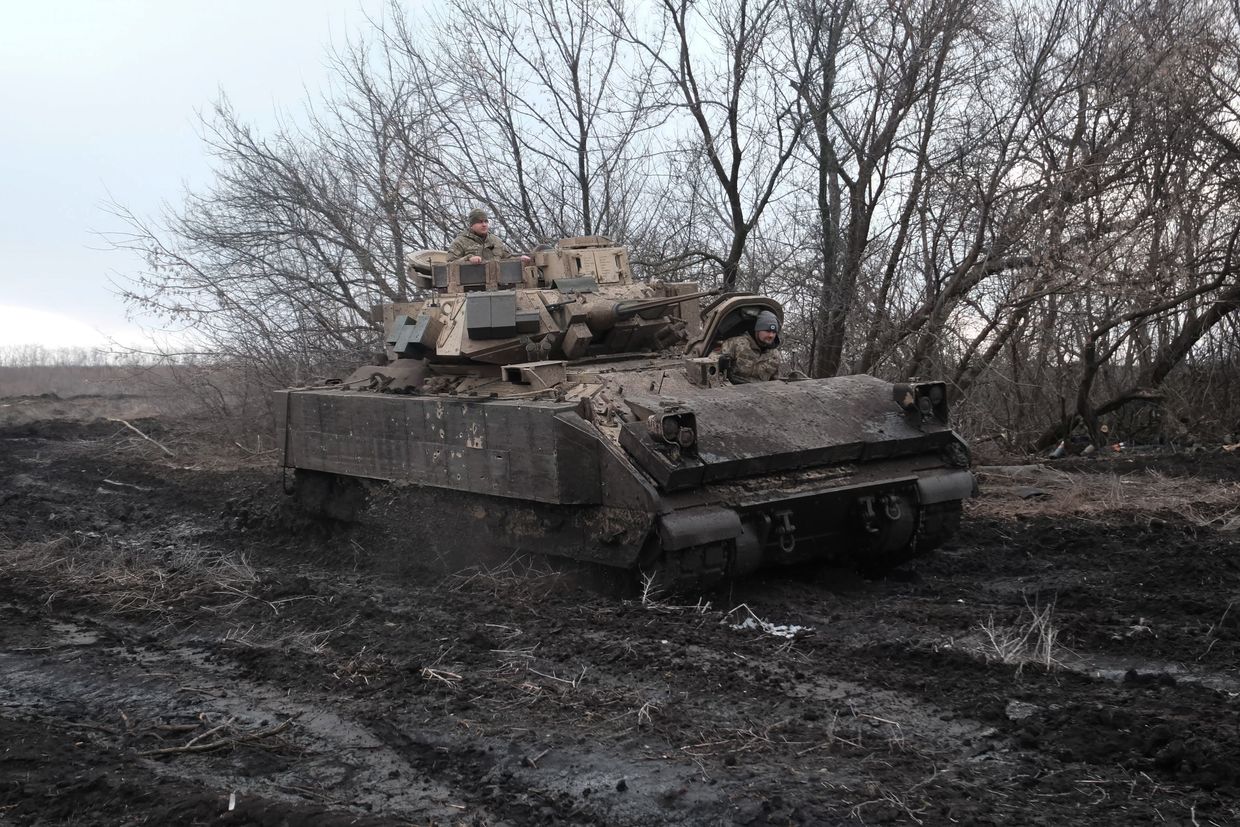
In an unusually aggressive tone, the official page of Ukraine’s 425th Assault Regiment, better known as “Skala,” accused Shyrshyn of refusing to carry out orders.
“He (Shyrshyn) ignores the tasks assigned by higher leadership, leading to senseless losses among the personnel,” the post read.
“His leadership consistently ends in failure instead of results. The only thing he seems capable of is criticizing and shifting responsibility."
“I believe that these posts represent the General Staff's response, they were made to order,” said SAS in reaction to Skala’s post.
“We fought together with Skala when they were still a small unit, we evacuated their wounded, we helped one another. I can't believe that a commander that has gone through that would let their communications team write that voluntarily.”
Having faced internal checks and investigations numerous times as part of the regular interactions between the brigade and the top brass, SAS expressed doubt that the General Staff’s response could bring anything positive.
"Inspections only show up to screw someone over — to find a flaw and punish someone for it. Not to fix it, not to improve the situation. These people are useless; it would be far better to send them to us as reinforcements instead."
In his post online, Krotevych argued that even if Shyrshyn isn’t punished himself, it is unlikely that any meaningful changes will occur where they are most needed.
"When they find a scapegoat in the form of the brigade commander, the commander of the operational-tactical group, or the operational-strategic command — I won’t be surprised. The higher military leadership is not used to taking responsibility."
Note from the author:
Hi, this is Francis Farrell, thanks for reading this article. It's much more comfortable to simply focus on the heroism of Ukrainian soldiers, but sometimes, because of these systemic problems, it is the heroism alone which is holding the line, when there could have been a better organized defense that would preserve these heroes' lives for the long term. I hope this piece is a simple reminder that Ukraine's performance on the battlefield is not just a function of Western aid, but also of what Kyiv does with what it has. To fund our reporting, we rely on our community of over 18,000 members from around the world, most of whom give just $5 a month. We’re aiming to reach 20,000 soon — join our community and help us reach this goal.





